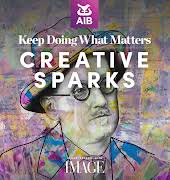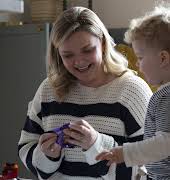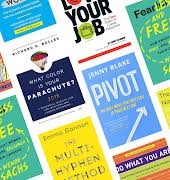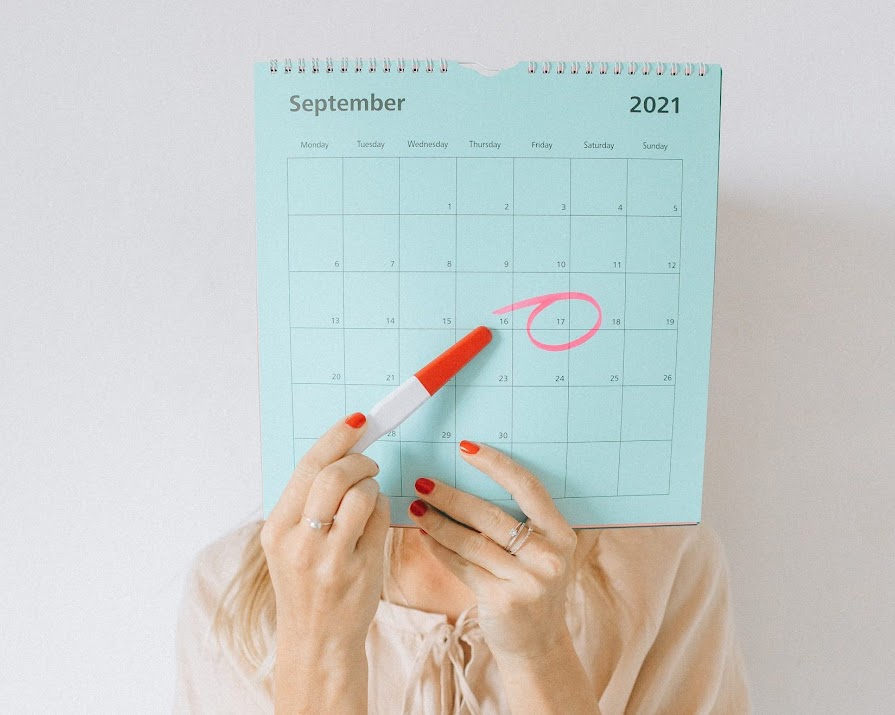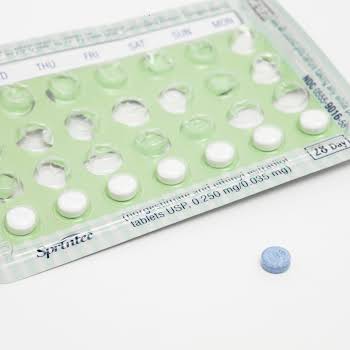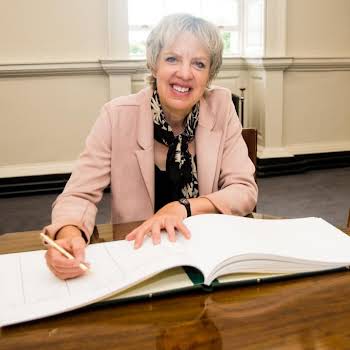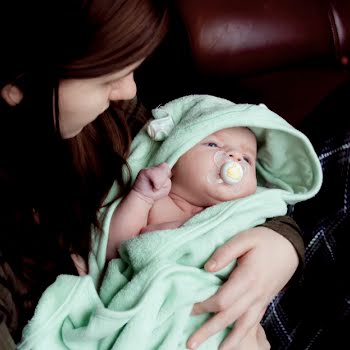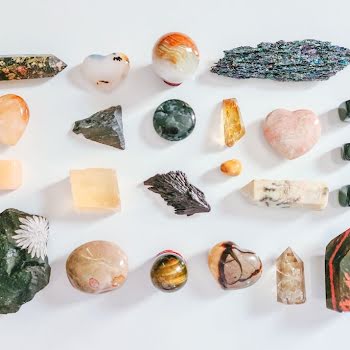
Sponsored
Do you know what a healthy period looks like and when you’re ovulating?
Sponsored By

By IMAGE
11th Feb 2022
11th Feb 2022
Sponsored By

Women's health is not prioritised in Ireland and as a result, many young women only learn about their sexual physiology when they're trying to get pregnant. Hoping to address this, Mary McAuliffe, Head of Clinical Services at from Waterstone Clinic answers one woman's question about identifying potential issues with your period cycle and tackles the knowledge gap around ovulation
Following on from the results from our reader survey on fertility, we asked you what you want answers to. From male fertility issues to egg donation, we get the experts’ advice on all things fertility.
We open our expert Q&A series with what should be a straightforward topic: ovulation. However, sexual education in Ireland is negligible and few women understand their ovulation cycle before they begin trying to start a family. Here, Mary McAuliffe, Head of Clinical Services at Waterstone Clinic answers our reader’s question on the topic.
Our reader’s question
Before investigating my own infertility, I didn’t know the basic facts about ovulation or conception. Women’s health is not a priority in this country, there’s so much focus on conception and not getting pregnant. What should women know about their own reproductive process before they start trying for a baby? What does a healthy period look like, what is the timeline of ovulation, how much does your egg count decrease with age and how long should be trying before seeing a doctor?
Our expert
Mary McAuliffe is the Head of Clinical Services, a general nurse and midwife. She is a founding member of the fertility specialist nursing team at Waterstone Clinic.
Mary has a vast amount of knowledge in the field of Reproductive Medicine. She has worked in Waterstone Clinic for seventeen years and is a certified fertility ultrasonographer (specialist course, University of Derby, UK). She is an active member of the Senior Infertility Nursing Group (SING, UK) and the Irish Fertility Society. She regularly mentors student midwives on female health placements at the clinic and has represented Irish fertility nurses on the steering committee of Insights and at infertility nursing conferences in the UK.
Mary McAuliffe’s advice
First of all, it’s important to know that a healthy period, above anything, is a regular one. The average cycle is 28 days, but cycles can be shorter or longer but what really matters is regularity. You should have regular, predictable cycles of about the same length (give or take a few days).
It’s always good to track your cycles and look at them over time. Do you always get periods? Are they unpredictable? Have they changed in the last six months and created a shorter or longer pattern? Do you have any irregular bleeding? If you notice any of these changes, it’s best to discuss them with your doctor.
During a regular cycle, an egg is released from the ovary. The two questions you need answers to if you want to become pregnant are: are you ovulating, and when?
Ovulation happens 14 days before your period is due. If you have a predictable cycle, it’s likely you are ovulating and that you can predict the day when it’ll happen. Knowing when you expect ovulation to occur is the first step, and knowing when to try to become pregnant is next. All you need to do to “try” is have unprotected sex, but to become pregnant, you have to try at the right time, ie during your fertile window.
If you have a monthly cycle and are ovulating, then you ovulate 12 times a year. That means there is a maximum of 12 opportunities for you to become pregnant in a year. It is easy to miss these opportunities if you are unaware of when you ovulate or if you try outside the fertile window.
Although it goes against what you might think, if you wait until you have ovulated to try, you’ll be past the fertile window and will have missed the opportunity. Trying in the days before ovulation (between four days before to the day of) is when you have the best chance to conceive. Once released from the ovary, an egg only survives in the body for about 12 hours. The possibility of conceiving after this falls to zero.
If you’re unsure when you might be ovulating, ovulation predictor kits can be useful. Once the kit turns positive, intercourse on that day and the following day should give you the best chance.
If you are unsuccessfully trying during your most fertile periods, the period regularity and your egg reserve are typically the first areas we will look into.
Some women have irregular cycles and cannot predict when they will ovulate, making it very difficult to plan a pregnancy (although they often do fall pregnant spontaneously). Finding out why this is, whether it is because you have a large number of antral follicles and polycystic type ovaries, or if it’s because of diminishing ovarian reserve will help you understand what is happening and get the assistance you need to become pregnant.
You were born with all the eggs you will ever have and they are released throughout your reproductive lifetime. The number of eggs in your ovaries is called your ovarian reserve, and this is assessed with a simple AMH blood test and an ultrasound scan. AMH results should always be interpreted alongside a transvaginal ultrasound scan by a fertility specialist to assess your ovaries.
The AMH test and scan will give you a good sense of your fertility timeline. The results will tell you if you have a high, low or average amount of eggs for your age. The number of eggs we have declines all the time and rapidly so after age 35. What is more important than the number of eggs, however, is if you are ovulating.
My biggest piece of advice is always the same: knowledge is power in fertility. If you and your partner want to conceive, have a fertility check. It will give you a wealth of information so that you have the best chance of getting where you want to be.
Continue to follow us here to hear from Ireland’s leading experts in our IMAGE talks Fertility series in partnership with Waterstone Clinic.


